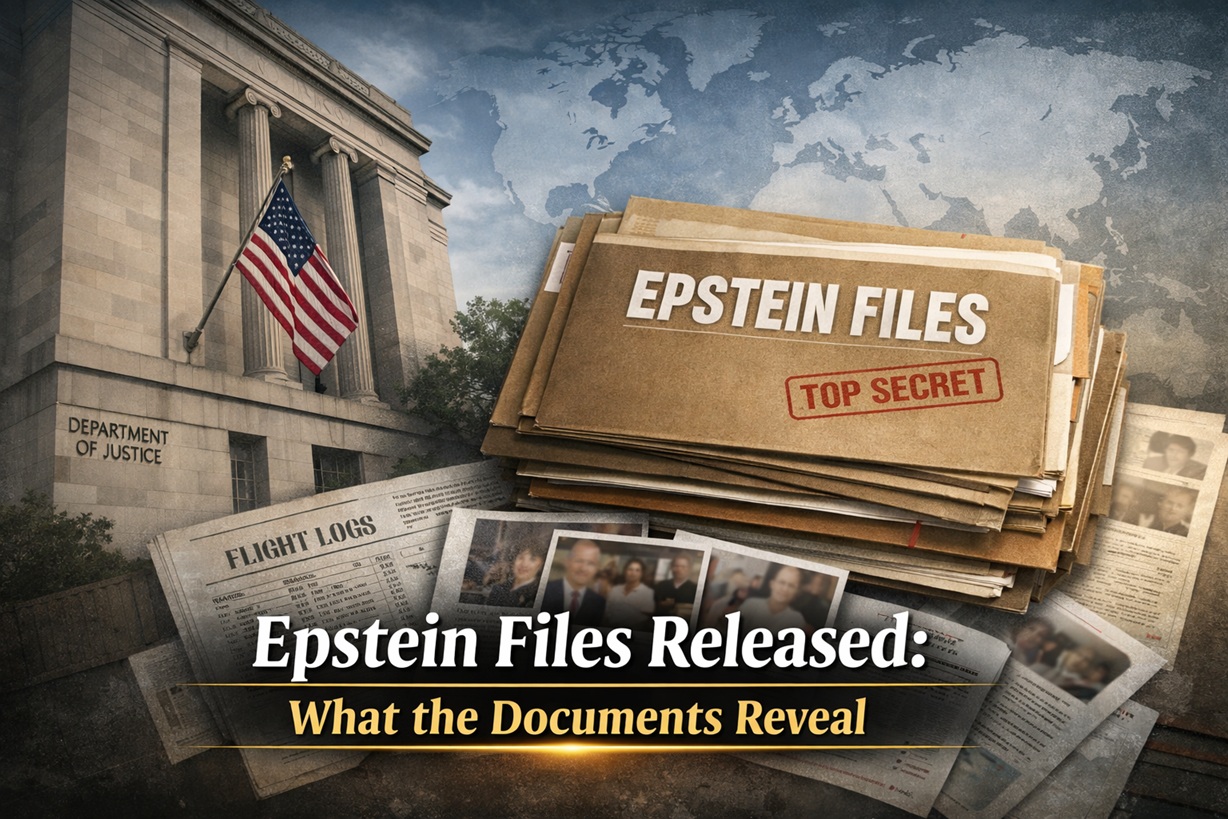Delhi Chief Minister Arvind Kejriwal has returned to jail after his election campaign, but this time he has directly approached the Supreme Court. The significant update regarding Kejriwal’s bail is that he has filed petitions in both the Supreme Court and the Delhi High Court. His lawyers have requested an urgent hearing tomorrow morning concerning the stay on his bail.
Details of the Petition
In the petition filed by CM Kejriwal, it is argued that the High Court’s decision to impose a stay on the bail order contradicts established legal principles. The petition contends that this decision challenges the fundamental tenets of bail law in India. It emphasizes that Kejriwal’s political status and opposition to the Central Government should not justify fabricating a case against him or denying him due legal process.
Violation of Justice
The petition asserts that the High Court’s order has inflicted an injustice on Kejriwal. It argues that such an order should not stand even momentarily, as every day of unwarranted detention is excessive. Kejriwal has urged the Supreme Court to intervene, overturn the High Court’s order, and ensure his immediate release in the interest of justice.
High Court’s Decision
The petition criticizes the High Court for overlooking essential criteria when deciding on the application to cancel Kejriwal’s bail. It maintains that the stay on his bail should not persist. Notably, the High Court had stayed the bail granted to Kejriwal by a lower court in the liquor scam case, following a challenge by the Enforcement Directorate (ED).
ED’s Challenge
The ED, in its Special Leave Petition (SLP), argued against Kejriwal’s release on bail, stating that it would impede the investigation given his influential position as Chief Minister. The High Court dismissed Kejriwal’s lawyer Abhishek ManoSinghvi’s argument that an early hearing was unnecessary, with Justice Sudhir Jain noting that the lower court’s order would remain ineffective until the pending hearing concludes.
Broader Implications
Kejriwal’s bail case exemplifies the complex interplay between law and politics in India. It highlights the difficulties in maintaining a fair and unbiased judicial process amidst political pressures. The outcome of this case will have significant implications for the political and legal landscape in Delhi and beyond.
Ultimately, the resolution of this case will impact the credibility of investigative agencies, the judiciary, and the political actors involved. It highlights the need for a resilient and transparent legal system capable of withstanding political influence and delivering impartial justice.
The coming days will be crucial in determining the outcome of this high-stakes legal battle. The courts’ decisions will set important precedents for future cases involving political leaders and the role of investigative agencies. As citizens, it is our responsibility to stay informed and engaged in these developments to safeguard the integrity of our democratic institutions.







